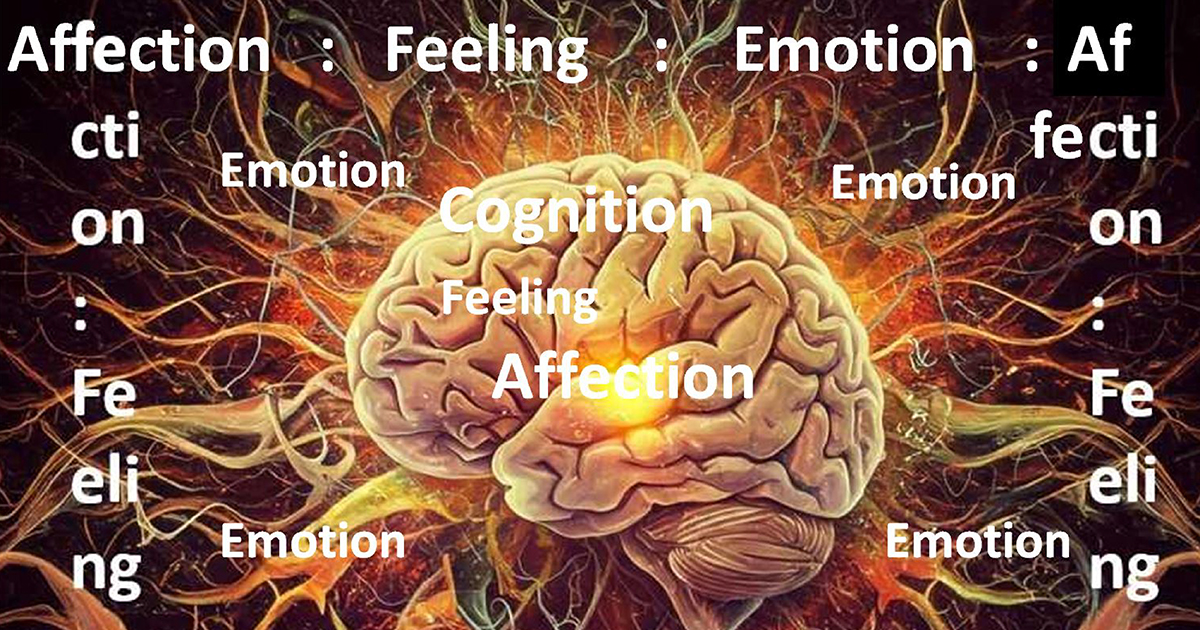- 2.8Impact Factor
- 5.6CiteScore
- 17 daysTime to First Decision
Defining Emotion: A Collection of Current Models
This special issue belongs to the section “Cognitive, Social and Affective Neuroscience“.
Special Issue Information
Dear Colleagues,
The existence of numerous definitions for the term "emotion" has the potential to engender a number of challenges, as well as confusion and misunderstandings. The absence of consensus among researchers regarding a unified definition of "emotion" can impede efforts to synthesize and compare findings across diverse studies, thereby hindering progress in our understanding of the human brain and its associated behaviors. Some understand an emotion as a subjective experience including internal feelings. In contrast, others perceive emotions as physiological (affective) responses, involving bodily changes, such as an increased heart rate or changes in facial expression. A third perspective suggests that emotions influence our actions and behaviors. Some researchers emphasize the cognitive aspects of emotions, while others strictly separate cognition from emotion. While all these phenomena undoubtedly occur and are interconnected, it is imperative that we delineate the term "emotion" more distinctly and clearly differentiate it from the terms "feeling" and "affective responses". In summary, the field of emotion research appears to be excessively complex, which is an issue that should be addressed, especially given the pervasive use of the term "emotion".
Prof. Dr. Peter Walla
Guest Editor
Manuscript Submission Information
Manuscripts should be submitted online at www.mdpi.com by registering and logging in to this website. Once you are registered, click here to go to the submission form. Manuscripts can be submitted until the deadline. All submissions that pass pre-check are peer-reviewed. Accepted papers will be published continuously in the journal (as soon as accepted) and will be listed together on the special issue website. Research articles, review articles as well as short communications are invited. For planned papers, a title and short abstract (about 250 words) can be sent to the Editorial Office for assessment.
Submitted manuscripts should not have been published previously, nor be under consideration for publication elsewhere (except conference proceedings papers). All manuscripts are thoroughly refereed through a single-blind peer-review process. A guide for authors and other relevant information for submission of manuscripts is available on the Instructions for Authors page. Brain Sciences is an international peer-reviewed open access monthly journal published by MDPI.
Please visit the Instructions for Authors page before submitting a manuscript. The Article Processing Charge (APC) for publication in this open access journal is 2200 CHF (Swiss Francs). Submitted papers should be well formatted and use good English. Authors may use MDPI's English editing service prior to publication or during author revisions.
Keywords
- emotion
- affect
- affection
- affective processing of feelings
- mood
- cognitive processing

Benefits of Publishing in a Special Issue
- Ease of navigation: Grouping papers by topic helps scholars navigate broad scope journals more efficiently.
- Greater discoverability: Special Issues support the reach and impact of scientific research. Articles in Special Issues are more discoverable and cited more frequently.
- Expansion of research network: Special Issues facilitate connections among authors, fostering scientific collaborations.
- External promotion: Articles in Special Issues are often promoted through the journal's social media, increasing their visibility.
- e-Book format: Special Issues with more than 10 articles can be published as dedicated e-books, ensuring wide and rapid dissemination.

